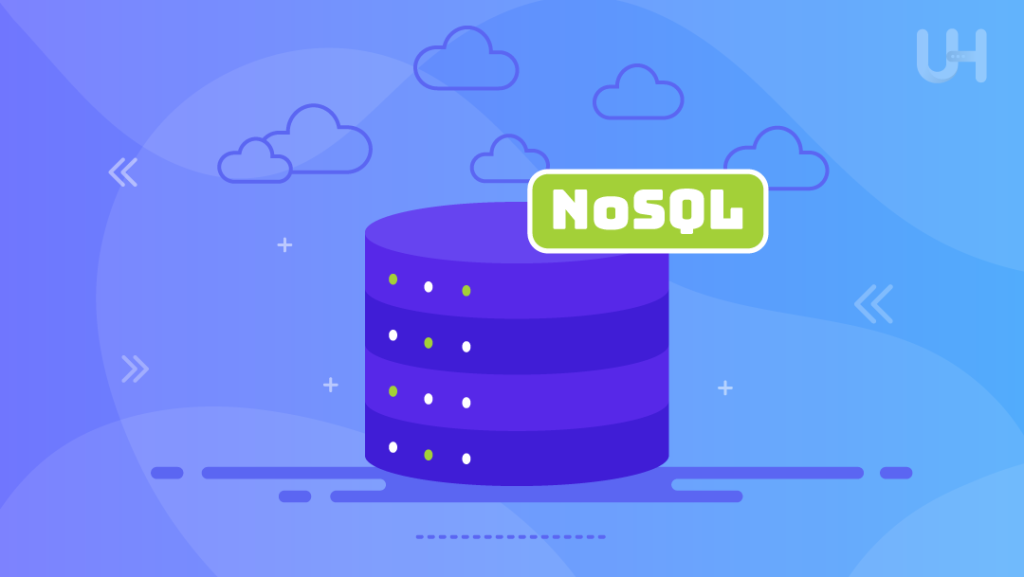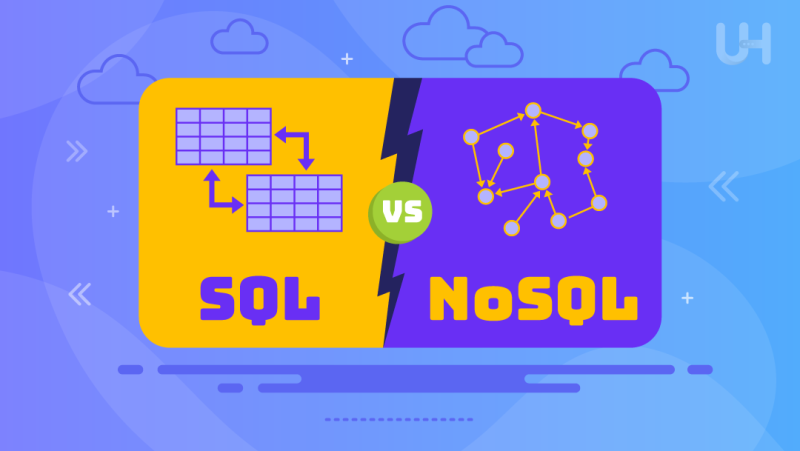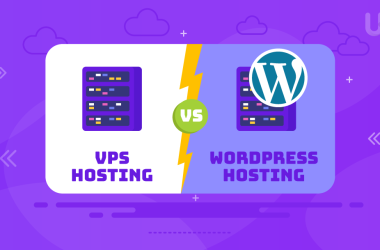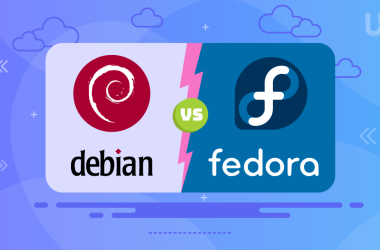Today, in a data-driven world, the business really depends on choosing the right database to achieve better and higher performance and scalability. It usually boils down to SQL vs NoSQL databases. An in depth understanding of their core differences, respective benefits, and performance implications can greatly help you make the right choice. This knowledge can help align your database infrastructure with your specific business needs, ensuring efficiency and future growth.
In this article, we’ll delve into the pros and cons of both SQL and NoSQL databases, exploring their advantages and performance characteristics.
What Is SQL Databases
SQL (Structured Query Language) databases are a type of relational database that have been widely used since the 1970s. They utilize a schema-based structure to organize data into tables consisting of predefined rows and columns. This structured approach ensures data integrity and facilitates complex querying and transactions. Common examples of SQL databases include MySQL, PostgreSQL, Oracle, and Microsoft SQL Server. These databases are renowned for their robustness, reliability, and suitability for managing structured data in various applications.
Pros
- Structured Data Management: SQL databases excel in managing structured data with well-defined schemas, making them ideal for applications requiring complex queries and transactions.
- ACID Compliance: SQL databases adhere to ACID (Atomicity, Consistency, Isolation, Durability) properties, ensuring reliable and secure transactions.
- Standardized Query Language: SQL provides a standardized way to interact with databases, making it easier to learn and use across different platforms.
- Data Integrity: Enforced schemas and relationships between tables ensure data integrity and minimize redundancy.
Cons
- Scalability Limitations: SQL databases often face challenges when scaling horizontally, which can be a drawback for applications requiring high write and read throughput.
- Rigid Schema: The predefined schema can be restrictive, making it difficult to adapt to changing data requirements.
- Performance Bottlenecks: Complex joins and transactions can lead to performance bottlenecks, especially with large datasets.
What is NoSQL Databases

NoSQL (Not Only SQL) databases were born at the beginning of the 21st century to solve the problems that unstructured data processing was causing in a way that could attain horizontal scalability. These databases are schema-less and can store data in a much more flexible way than a conventional database. NoSQL database structures make differences in data management. The main types are document stores, such as MongoDB and Couchbase; key-value stores, like Redis and Amazon DynamoDB; column family stores, including Cassandra and HBase; and graph based databases, such as Neo4j and ArangoDB, which are quite good for a certain type of data management.
Pros
- Flexibility: NoSQL databases offer flexible schema designs, allowing for easy adaptation to changing data models.
- Horizontal Scalability: Designed for horizontal scaling, NoSQL database can more efficiently handle large volumes of data and high traffic.
- Performance: NoSQL databases can achieve high performance for specific use cases, such as real time data processing and large scale data storage.
- Diverse Data Models: With various types of NoSQL databases, businesses can choose the one that best fits their specific data needs.
Cons
- Complexity: The lack of a standardized query language and varying data models can introduce complexity, requiring specialized knowledge and skills.
- Eventual Consistency: Many NoSQL databases favor eventual consistency over immediate consistency, which may not be suitable for all applications.
- Limited ACID Compliance: Not all NoSQL databases fully support ACID transactions, which can impact data reliability and integrity.
Benefits of Both SQL and NoSQL
Here are some benefits of SQL and NoSQL:
Benefits of SQL Databases
- Mature Ecosystem: SQL Databases are part of a mature ecosystem with a strong toolkit, frameworks, and respective supporting communities.
- Data Consistency: SQL databases highly ensure data consistency, a key feature in domains like banking and finance.
- Complex Queries: The powerful query strengths embodied in SQL make it an option for applications on which complex ad hoc analysis or reporting will be performed.
Benefits of NoSQL Databases
- High Availability: NoSQL databases are fundamentally highly available and fault-tolerant because they operate within distributed architectures.
- Scalability: NoSQL databases can easily vertically scale on a server, meaning the databases can be expanded to manage massive data and highly active applications.
- Speed: Many NoSQL databases retrieve and process data faster than other databases.
Secure Your Database with SSL!
Considering the security of your database? Explore UltaHost’s range of SSL Certificates to enhance your SQL or NoSQL database’s security and trustworthiness. Secure your data today with UltaHost!
NoSQL vs SQL: Differentiate
Here is key differences between SQL vs NoSQL databases:
| Feature/Aspect | SQL Databases | NoSQL Databases |
| Data Model | Relational (tables with rows and columns) | Non-relational (document, key-value, graph, column-family) |
| Schema | Fixed, predefined schema | Dynamic, flexible schema |
| Scalability | Vertical (scaling up by adding more resources) | Horizontal (scaling out by adding more servers) |
| Query Language | Structured Query Language (SQL) | Varies (NoSQL languages, APIs, queries depend on database type) |
| Transaction Support | ACID (Atomicity, Consistency, Isolation, Durability) | BASE (Basically Available, Soft state, Eventual consistency); Some support ACID |
| Data Consistency | Strong consistency | Eventual consistency (some provide strong consistency options) |
| Use Cases | Complex queries, structured data, transactions | Big data, real-time analytics, flexible data models |
| Examples | MySQL, PostgreSQL, Oracle, Microsoft SQL Server | MongoDB, Cassandra, Redis, CouchDB, DynamoDB |
| Performance | Efficient for complex queries and transactions | High performance for specific use cases, such as real-time data processing |
| Flexibility | Less flexible due to rigid schema | Highly flexible easily adaptable to changing data needs |
| Data Integrity | High data integrity and normalization | Varies, some NoSQL databases prioritize speed and flexibility over integrity |
| Maintenance | Requires regular maintenance, updates, and tuning | Generally easier to maintain, especially with managed services |
| Storage Requirements | Typically requires more storage due to normalization | It can be more efficient with storage, especially for unstructured data |
| Development Speed | Slower due to schema definition and migrations | Faster development cycles with schema-less design |
This provides a comprehensive comparison of the primary characteristics, benefits, and limitations of SQL and NoSQL databases, helping you understand which type might be more suitable for your specific use case.
Choosing the Right Database for Your Business
When deciding between SQL vs NoSQL databases, consider the following factors:
- Data Structure: If your database has a very detailed structure and needs complex relations, SQL databases are the best match. For unstructured or semi-structured data, NoSQL databases are a little more permissive.
- Scalability Needs: NoSQL databases work best with applications that have horizontal scalability requirements and require reasonably high availability. An SQL database can be employed for small-scale applications or those with less demanding scalability requirements.
- Consistency Requirements: If your data must be strongly consistent and your application must be compliant with the ACID rules, then it is better to go with SQL databases. Also, in cases where eventual consistency works well enough, NoSQL databases can be applied.
- Query Complexity: SQL databases are preferred over NoSQL databases for complex queries and data analysis. NoSQL databases work much better where users require at least the query requirements and real-time data processing.
Selecting the Right VPS Hosting for SQL and NoSQL Databases
You also need to find the best Virtual Private Server hosting support specialized in deploying and running your database management system, whether it’s SQL or NoSQL. Most VPS hosting services provide these types of services for the best performance, data security, and proper management of your SQL and NoSQL databases.
Managed VPS Hosting
Managed VPS hosting is most appropriate for businesses that want to eliminate server management so the service provider can handle routine maintenance, software updates, security patches, and monitoring. This would serve not only to free businesses from hassles related to owning their servers but also to help immensely in maintaining data integrity and performance.
SSH VPS Hosting
SSH VPS hosting is quite secure and very right for the remote access that maintains the database securely. Under this scheme, administrators could run commands, move files, and complete maintenance work via such safe, encrypted connections. You can manage your infrastructure for SQL and NoSQL databases effectively and securely with such hosting.
DDoS Protected VPS Hosting
DDoS protected VPS hosting services shall be constructed to protect your database from DDoS attacks, which might break services and affect data availability. It will provide such DDoS protection to businesses underpinning real time data processing and high availability. Basically, this protection with no service discontinuation for businesses running NoSQL databases will be provided, and further, there will never be any protection against any harmful traffic.
Conclusion
The actual split between SQL vs NoSQL is dependent on the concrete business need, the needs of data, and the requirements for scale out. SQL databases cater for structured data, complex transactions that need data integrity and consistency, and powerful querying. NoSQL databases are dynamically tolerant, scalable, high performing, and well suited for unstructured data. This will give you a good understanding of the strengths and weaknesses, advantages, and performance properties of either SQL or NoSQL databases, based on which you will make an informed decision in the light of business objectives.
Choosing between SQL and NoSQL database hinges on your specific business needs. For robust and scalable Cloudflare VPS hosting service, consider Ultahost to support your database infrastructure effectively.
FAQ
What is an SQL database?
An SQL database is a relational database that uses Structured Query Language to manage data in tables with predefined rows and columns.
What is a NoSQL database?
A NoSQL database is a non-relational database designed for flexible schemas and handling large amounts of unstructured data.
How do SQL and NoSQL databases perform?
SQL databases perform well with structured data and complex queries but struggle with large scale. NoSQL databases excel in high throughput and unstructured data handling.
Can I use both SQL and NoSQL databases together?
Yes, many applications use a combination of both to leverage their respective strengths.
Are NoSQL databases less secure than SQL databases?
No, security depends on implementation. Both SQL and NoSQL databases can be secure if properly configured and managed.








